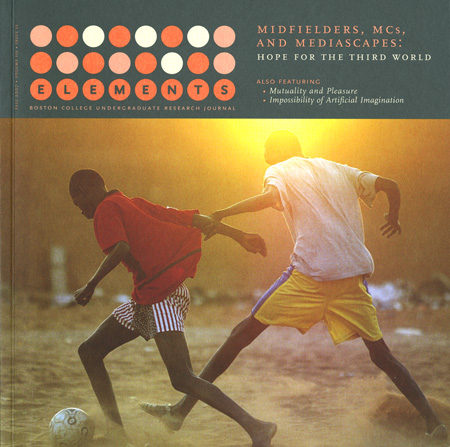The Impossibility of Artificial Imagination: A Question of Genuine Consciousness
DOI:
https://doi.org/10.6017/eurj.v3i2.9000Keywords:
Fall 2007, humanities, philosophyAbstract
Is it possible to create genuine consciousness, artificial intelligence? This paper will examine this question through the philosophical understanding of imagination. Imagination is the creative faculty that not only separates man from beast but also allows man to recognize himself, and it helps him to see beyond his immediate being. Without imagination, man is blind to future possibility and unable to conceive of future events. Imagination produces man's mental cognition that makes him a rational and creative being. The two modern methods of A.I. programming are incapable of imbuing their algorithm with imagination. Without imagination, A.I. not only lacks genuine creativity, but it also risks never understanding self-autonomy and therefore could never be a free and independent entity.Downloads
Published
2007-11-10
How to Cite
Trinh, H. (2007). The Impossibility of Artificial Imagination: A Question of Genuine Consciousness. Elements, 3(2). https://doi.org/10.6017/eurj.v3i2.9000
Issue
Section
Articles
License
Copyright (c) 2015 Elements

This work is licensed under a Creative Commons Attribution 4.0 International License.

